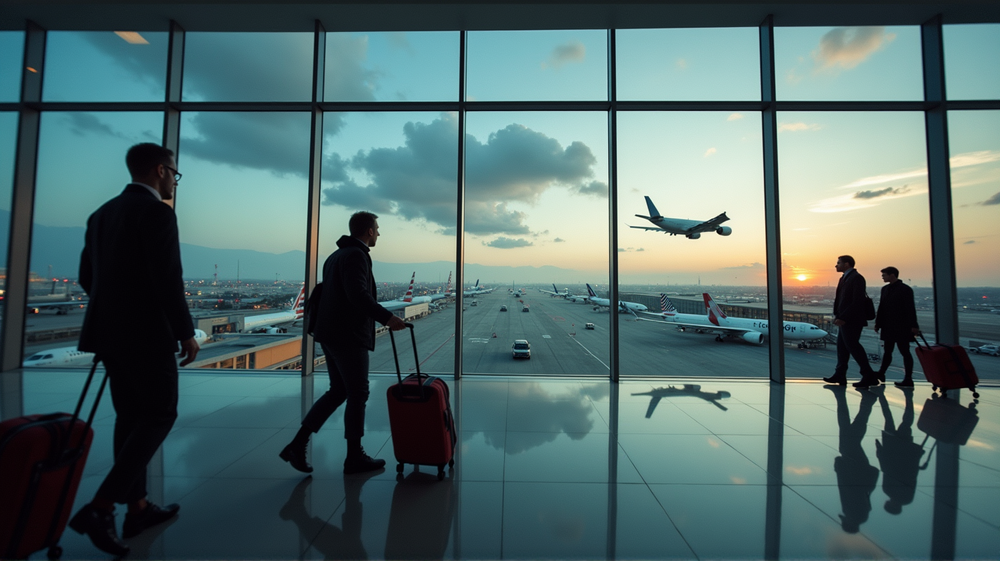As the government shutdown trudges into its 40th day, thousands of travelers find themselves grounded with flights cancelled or delayed. The Federal Aviation Administration (FAA), in a bid to maintain safety standards, has implemented a cut in air traffic by 10 percent. This move affects myriad travelers across major U.S. cities, turning air travel into a perplexing labyrinth.
The Impact of Chaos at Airports
The nationwide air chaos has prompted the cancellation of more than 1,530 flights, with Saturday witnessing a surge in disruptions compared to prior days. According to FlightAware, the numbers are predicted to rise, causing a ripple effect felt not only by passengers but across the aviation industry.
Aviation Staffing Shortages
Air traffic controller absences, due to lack of pay, have left 12 major U.S. cities, including Atlanta, Newark, and Chicago, vulnerable to significant delays. The shortage has stretched the resilience of the FAA, with controllers being pressed into prolonged service without compensation.
Federal Employees Bear the Brunt
The plight of air traffic controllers is mirrored by the ordeal faced by approximately 730,000 civilian federal employees experiencing paycheck delays. Essential employees like these are compelled to weather the storm of non-remuneration, reflecting a deeper crisis pervasive throughout federal operations.
Partisan Politics at Play
Behind the travel havoc lies a tumultuous political landscape. Democratic and Republican standoffs continue to thwart progress on a spending bill essential for restoring government operations. With travel peaks during the Thanksgiving and Christmas holidays looming, the call for resolution has become urgent.
Economic Reverberations
The hitch doesn’t end at airports; the shutdown’s ripple effect threatens multiple sectors. Greg Raiff, CEO of Elevate Aviation Group, forewarns of disruptions affecting not just passengers and airlines, but local economies reliant on tourism and associated commercial activities.
The Path Forward
As frustration mounts, the push for bipartisan cooperation intensifies. Ending the shutdown emerges as imperative not only for smoother skies but for restoring stability across economic life. Travelers, economists, and policymakers alike eye an urgent resolution to this unsettling chapter of aviation history. According to Al Jazeera, every delayed decision adversely deepens this crisis.
Will this turbulence end in a resolution, or drag on, continuing to disarray lives dependent on punctual skies?













